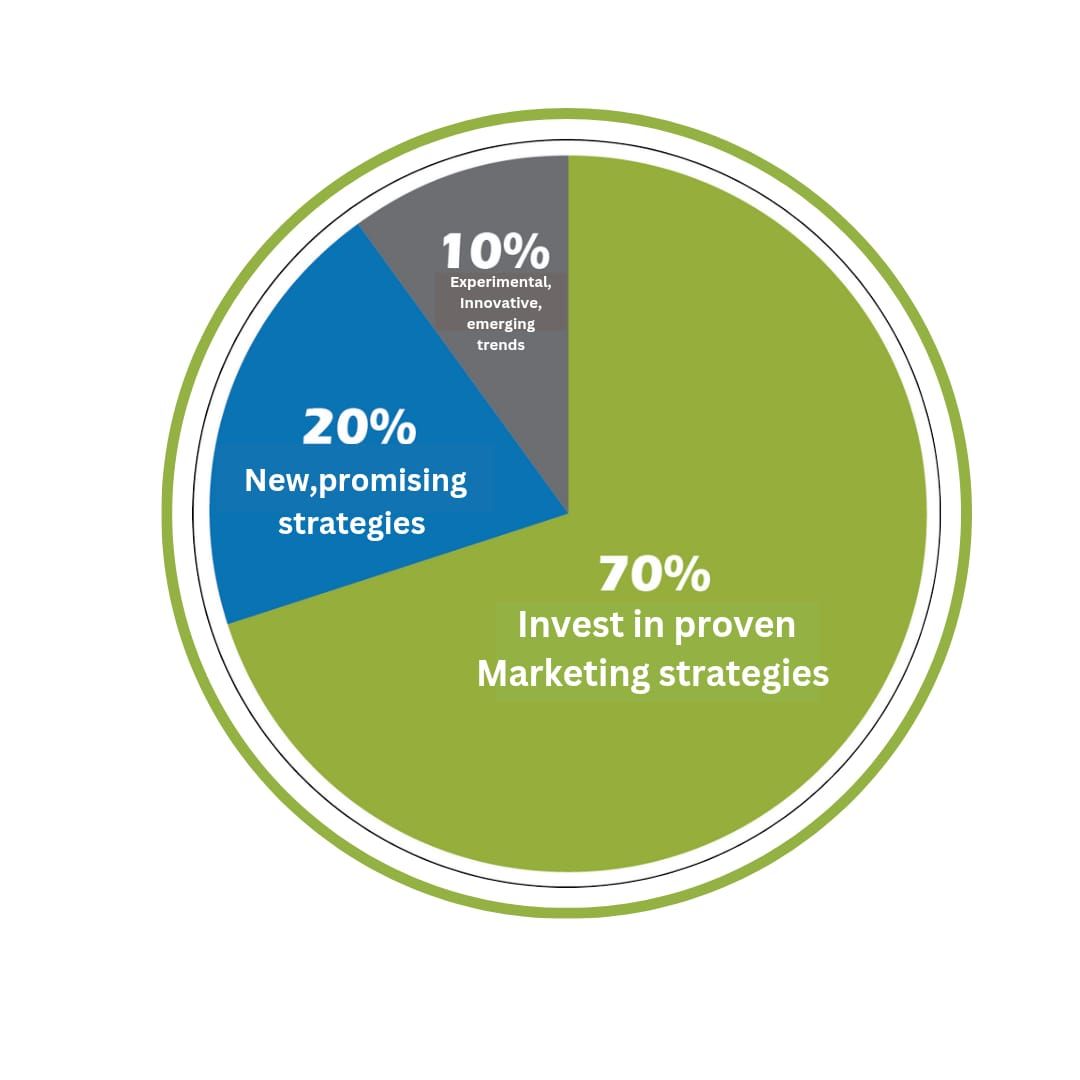How to calculate your digital marketing budget in 2025
How to calculate your digital marketing budget in 2025
Benefits of calculating your digital marketing budget:
✅ Align Marketing Goals with Business Objectives
✅ Analyse Market Trends for Informed Budgeting
✅ Efficient Budget Allocation Across Marketing Channels
✅ The 70/20/10 Rule for Strategic Budgeting
✅ Adjust Budget Based on Campaign Performance

Contact Us
To budget for digital marketing in London, know the parts of a successful strategy. By analysing insights from reputable sources, we can outline a guide for the UK market. It will be comprehensive.
1. Introduction to Digital Marketing Budgeting
Setting a proper budget is key to the success of your digital marketing efforts. It guarantees the efficient use of resources to achieve your business objectives.
2. Understanding the Importance of a Digital Marketing Budget
A good budget lets businesses invest in the channels with the highest ROI. It also provides a framework to measure performance and adjust strategies as needed.
3. Factors Influencing Your Digital Marketing Budget
Several elements can impact your budgeting decisions:
- Business Goals: Align your marketing goals with your business goals. This ensures cohesive strategies.
- Industry and Market Trends: Stay current on benchmarks and trends. They help with budgeting.
- Target audience: Know your audience, to spend on the best channels.
- Competitive Landscape: Analyse your competitors' strategies. Find gaps in your marketing.
4. Setting Your Digital Marketing Objectives
Well-defined objectives guide your budgeting process. Your goals will determine where and how much to invest. It's about increasing brand awareness, generating leads, or boosting sales.

5. Determining the Appropriate Budget Percentage
Industry standards say that businesses should spend some revenue on marketing. The 2019 YouGov survey found the UK's average marketing budget is 9.3% of annual revenue. But this can vary by industry, business size, and growth goals.
6. Allocating Your Digital Marketing Budget
Distribute your budget across various channels to maximise reach and effectiveness:
- SEO: Optimise your website. It will improve search rankings and drive traffic.
- Pay-Per-Click Advertising (PPC): Fund paid search campaigns to target specific keywords and audiences.
- Content Marketing: Create valuable content. It should attract and keep customers. This will establish your brand as an industry authority.
- Email Marketing: Develop targeted email campaigns to nurture leads and maintain customer relationships.
7. Implementing the 70/20/10 rule
A common strategy is the 70/20/10 rule:
- 70%: Invest in proven marketing strategies that align with your core objectives.
- 20%: Invest in new, promising strategies to boost your marketing.
- 10%: Reserve for experimental approaches, allowing for innovation and adaptation to emerging trends.
8. Monitoring and Adjusting Your Budget
Conduct a review of your marketing metrics on a regular basis. They show whether your budget works. Be prepared to adjust spending based on campaign results and changing market conditions.

9. Conclusion
Calculating your digital marketing budget requires a strategy. It must consider your goals, market dynamics, and resources. By following these guidelines, you can create a budget. It will support your marketing goals and drive growth in London's competitive market.












